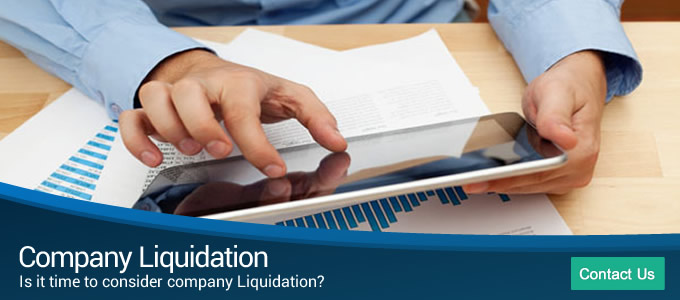If it is deemed that you have acted in a proper and reasonable manner in the period running up to the Liquidation then Liquidation should have minimal effect on you personally. A limited liability company means that, as a director, your personal liability for business debt is small or non-existent.
If however, you have signed personal guarantees in respect of any of the company debts, then you may be liable for those debts. If it can be proven there was ‘wrongful trading’ in the period running up to the Liquidation, then your personal risk will be increased. You may have also borrowed personally to put money into the business, and if your on-going income is at risk this may lead to personal as well as corporate insolvency issues. There are a number of personal insolvency solutions available to you – including an Individual Voluntary Arrangement or Debt Management Programme.
If your company is struggling then we can offer you advice and guidance on how to minimise any risk to you personally. It is vital that you take early advice so contact us now on (NI & ROI) 02891 814890 (UK Mainland) 02920 346530.


